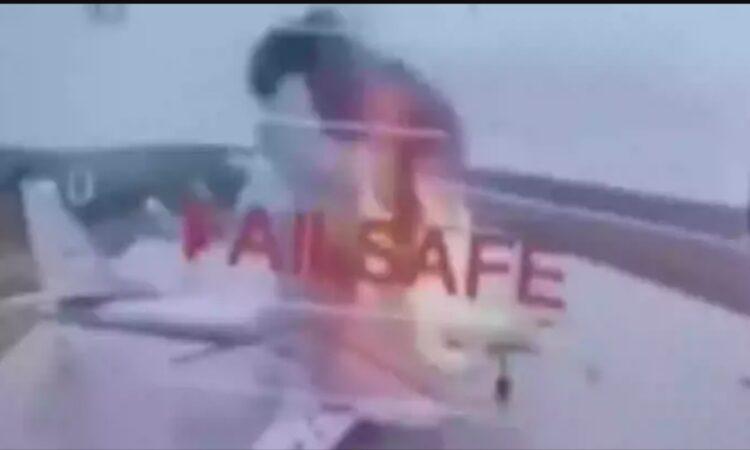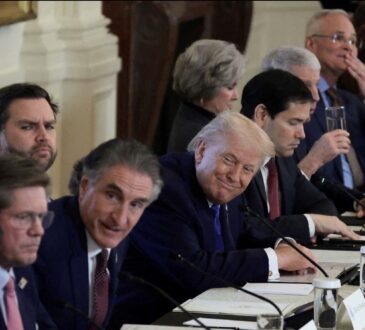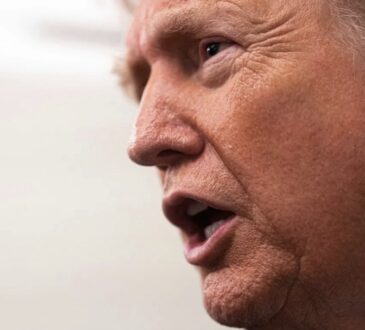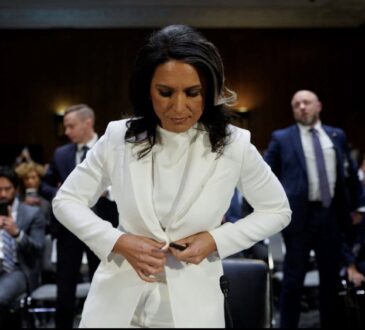Germany’s chief of defence General Carsten Breuer claims NATO is facing ‘a very serious threat’ from Russia

Germany’s top military leader, General Carsten Breuer, has warned that NATO is now facing a very serious threat from Russia. This warning came shortly after a major drone attack by Ukraine that reportedly destroyed over 40 Russian military aircraft inside Russia. The attack, which took place on June 1st, was carried out by Ukraine’s Security Service (SBU) using 117 drones in a carefully planned mission.
Ukrainian President Volodymyr Zelenskyy said that the operation was especially bold because it was organized from a location right next to Russia’s powerful FSB security service in one of their own regions. According to Ukrainian sources, the damage caused to Russian military equipment may be worth around £5 billion. They claim the attack destroyed about 34% of Russia’s strategic cruise missile carriers.
The SBU explained how they carried out the operation: first, they secretly brought small FPV drones into Russian territory. Then, they transported them in hidden wooden cabins placed on trucks. When the time was right, the cabins opened remotely, and the drones launched directly toward their targets—Russian bombers.
After this major attack, General Breuer said that NATO needs to take the threat from Russia very seriously. He revealed that Russia is now producing around 1,500 battle tanks every year and has made four million rounds of artillery ammunition just in 2024. Not all of these weapons are being sent to fight in Ukraine. Many of them are being stored or used to build up new military units aimed toward the West.
According to German intelligence analysts, Russia might be preparing for a possible military move against NATO’s Baltic members—such as Estonia, Latvia, or Lithuania—as soon as 2029. General Breuer stressed that NATO must be fully ready by that time. However, he also warned that there’s no guarantee Russia won’t act sooner. That’s why he said, “We must be able to fight tonight.”
He also explained that if Russia attacks one NATO country—especially the United States—all other NATO members are required to respond and defend that country. Even though some NATO countries like Hungary and Slovakia have shown closer ties to Russia, General Breuer said that NATO remains united. He emphasized that all member countries clearly understand the threat and are working together on a strong defense strategy. Everyone, he said, sees how urgent the situation is.




